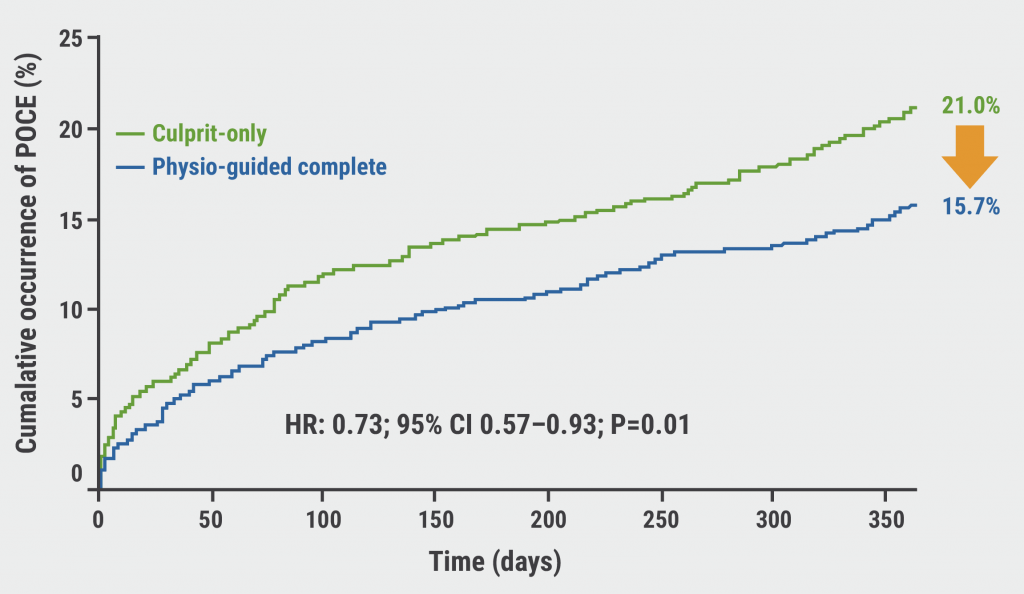About 50% to 70% of patients with ischemia with non-obstructive coronary-artery disease (INOCA) have evidence of microvascular dysfunction, which is associated with an increased risk for major cardiovascular events, Dr. Timothy Henry of Christ Hospital in Cincinnati, Ohio, and colleagues note in Circulation: Cardiovascular Interventions.
Autologous CD34+ cells have "potent" angiogenic capabilities and studies in patients with refractory angina have established the feasibility and potential benefit of autologous CD34+ cells administered directly into the myocardium.
The current trial enrolled 20 patients with INOCA, persistent angina and documented coronary microvascular dysfunction defined by a coronary flow reserve (CFR) of 2.5 or less in the left anterior descending artery. All received autologous CD34+ cells administered by intracoronary infusion into the left anterior descending artery.
Coronary flow reserve improved significantly, from a mean of 2.08 at baseline to 2.68 at six months after infusion (P<0.005), the study team says.
Autologous CD34+ stem cell therapy also led to a decrease in angina frequency (P<0.004) and an improvement in Canadian Cardiovascular Society angina class (P<0.001). Quality of life also improved significantly as assessed by the Seattle Angina Questionnaire and SF-36.
There were no treatment-related serious adverse events.
"The current study supports a potential therapeutic role for CD34+ cells in patients with microvascular angina," Dr. Henry and colleagues write.
"The improvement in coronary flow reserve is consistent with the mechanism of action of CD34+ cells, that is, improvement in the microcirculation shown in preclinical trials," they add.
"Further investigation beyond this proof of concept trial in humans is ongoing with the randomized placebo-controlled FREEDOM trial," they note.
The study was supported by Caladrius Biosciences, Inc. and by the National Heart, Lung, and Blood Institute. Dr. Henry serves as a consultant to Caladrius Biosciences, Inc.
SOURCE: https://bit.ly/3ungjwR Circulation: Cardiovascular Interventions, online January 23, 2022.
By Reuters Staff
Posted on
Previous Article
« TNF blockers likely beneficial for psoriatic patients with COVID-19 Next Article
Breast cancer subtypes vary by gene, affecting risk prediction, screening strategies »
« TNF blockers likely beneficial for psoriatic patients with COVID-19 Next Article
Breast cancer subtypes vary by gene, affecting risk prediction, screening strategies »
Related Articles
August 26, 2022
Signs of heart disease may be more subtle in women than in men

© 2024 Medicom Medical Publishers. All rights reserved. Terms and Conditions | Privacy Policy
HEAD OFFICE
Laarderhoogtweg 25
1101 EB Amsterdam
The Netherlands
T: +31 85 4012 560
E: publishers@medicom-publishers.com

